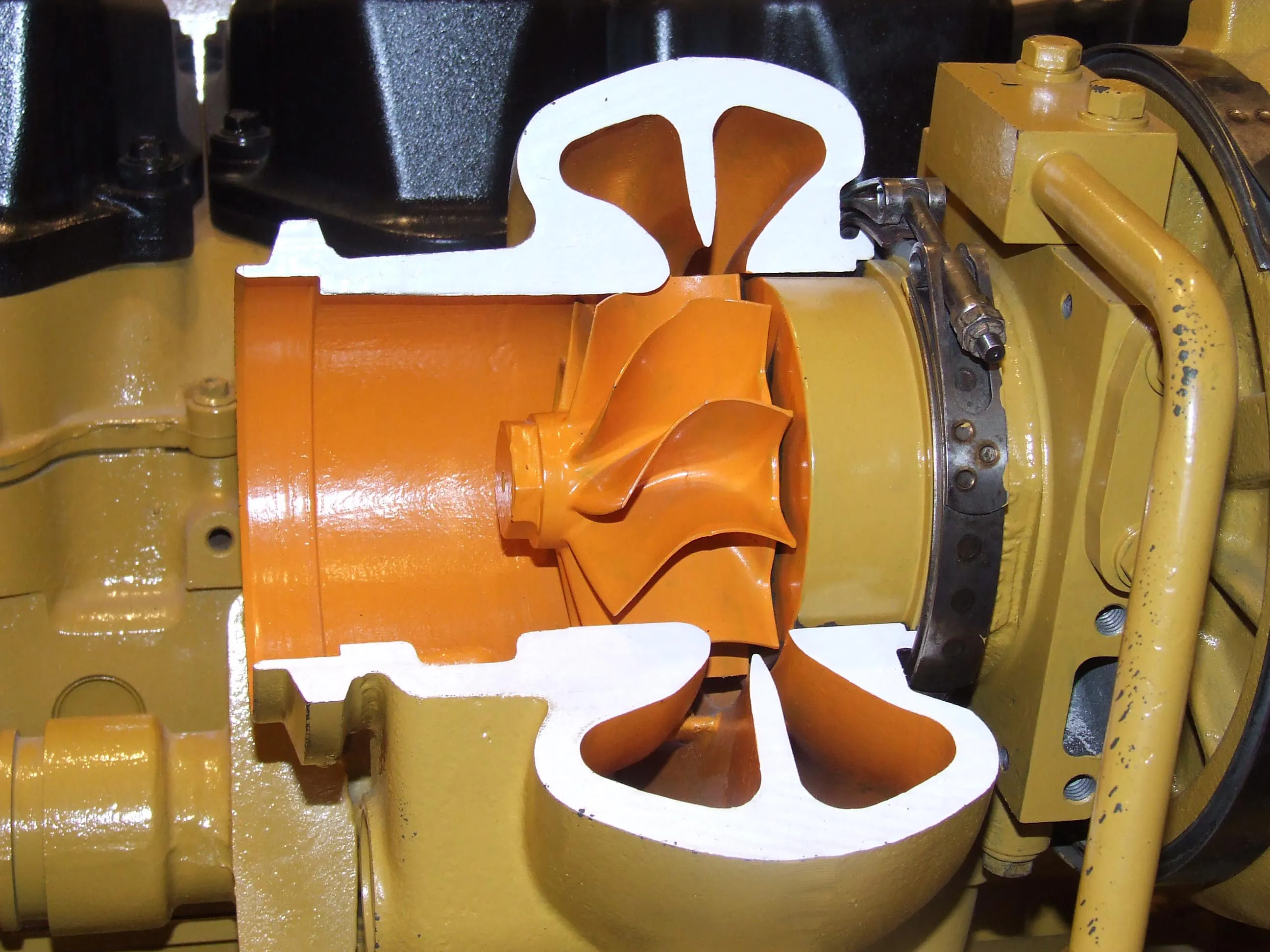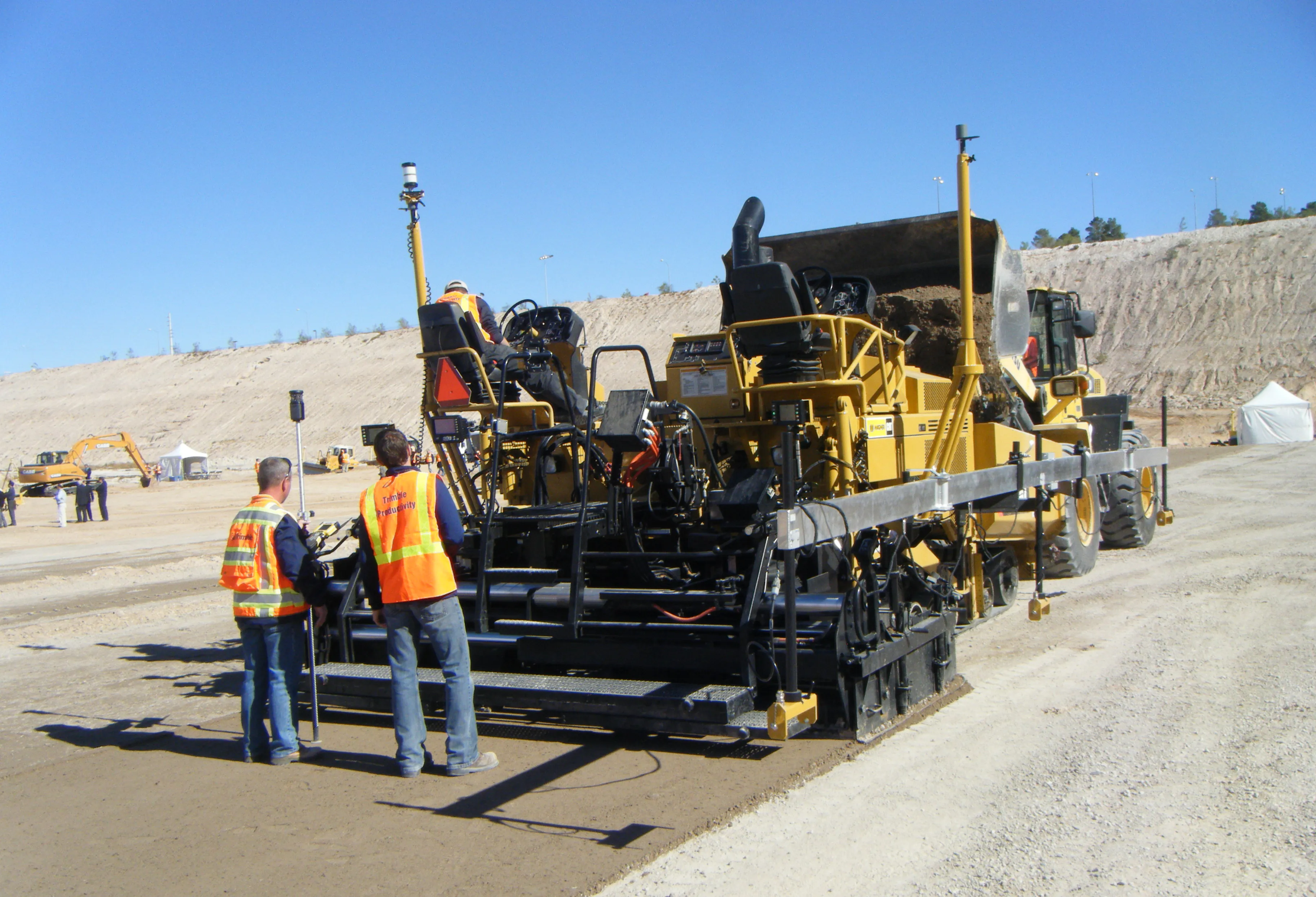The American Road & Transportation Builders Association (ARTBA) is offering the US Army Corps of Engineers (Corps) advice on reducing unnecessary regulatory red-tape on transportation projects through improving the wetlands permissions process. ARTBA has submitted comments to the Corps in response to a government-wide regulatory review initiated by President Obama in 2011. This advice from ARTBA details specific recommendations to make wetlands permitting more efficient. ARTBA is working on ways to reduce u
April 19, 2012
Read time: 2 mins
The American Road & Transportation Builders Association (ARTBA) is offering the US Army Corps of Engineers (Corps) advice on reducing unnecessary regulatory red-tape on transportation projects through improving the wetlands permissions process. ARTBA has submitted comments to the Corps in response to a government-wide regulatory review initiated by President Obama in 2011. This advice from ARTBA details specific recommendations to make wetlands permitting more efficient. ARTBA is working on ways to reduce unnecessary delays in the transportation review and approval process. Currently, it can take anywhere from nine to 19 years for a project to go from planning to completion. ARTBA stressed the need to make the wetlands permitting process less complicated, without sacrificing environmental protections. It has asked the Corps to place strict time limits on permitting decisions, allowing planners to know exactly when a decision would be reached on a project and plan accordingly. ARTBA has suggested that no permits should be required when projects do not have an ecological effect on wetlands, and regulations should not be mandated when there is no practical need. In addition ARTBA also suggests that the US 1293 Environmental Protection Agency (EPA) should be removed from permission decisions. Protection of sensitive areas is assured though through ARTBA’s plan as both US Congress and the courts have given the Corps the sole responsibility for wetlands permissions. This policy would reduce bureaucracy as there is no need for two agencies to carry out a job that can be handled by one. ARTBA’s recent comments represent the fourth agency-wide regulatory review the association has participated in since early 2011. The association also offered detailed comments to the 2364 US Department of Transportation, EPA, and Small Business Administration









